Service, sacrifice, and loss – Red Cross in Viet Nam
18 August 2025
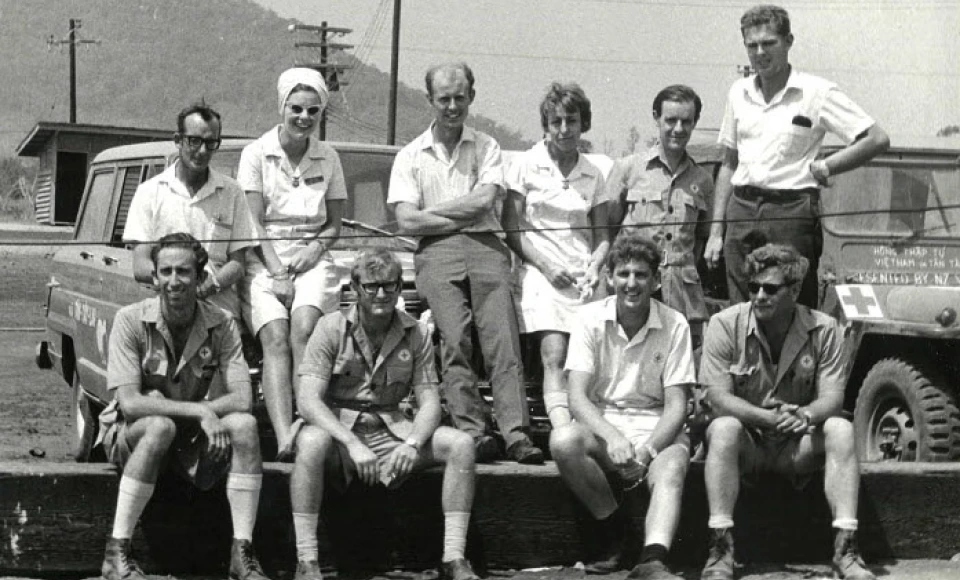
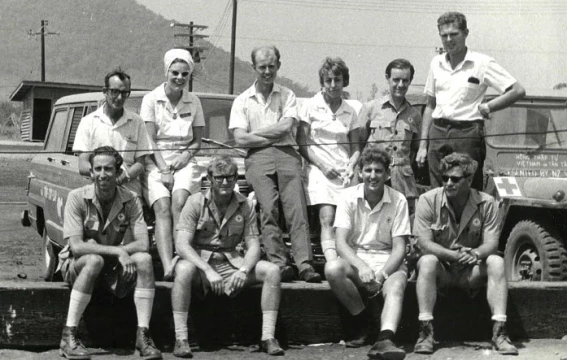
This year marks 50 years since the end of international armed conflict in Viet Nam. Between 1968 and 1975, we sent more than 30 team members to help people affected by the conflict. This Vietnam Veterans’ Day, we’re taking the time to remember our people who dedicated their time to upholding human dignity and protecting humanity in Viet Nam.
One of the Fundamental Principles of our international Movement is neutrality, which means that we're not part of the fight and we don’t take sides in conflicts. We’re neutral so that we can help people in need. Because the New Zealand Defence Force fought in the conflict, our teams couldn’t work directly with the International Federation of the Red Cross (IFRC) so that neutrality could be maintained.
Our teams instead connected with American Red Cross and the US Agency for International Development. Our people worked in what was then South Vietnam, with the first two teams based in An Khe, the third and fourth in Qui Nhon, and the final two teams in Pleiku.
What our teams did in Viet Nam
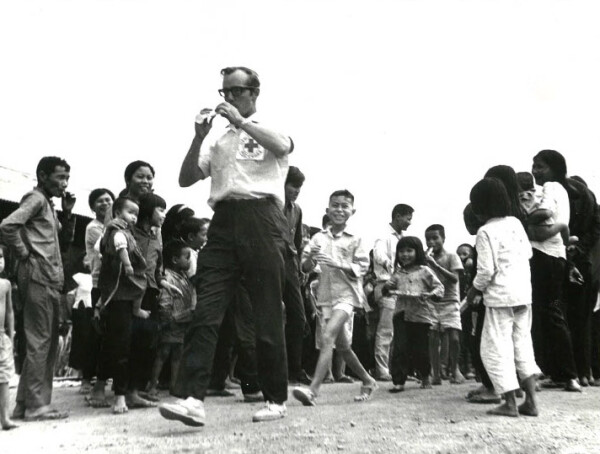
Team member David Harper, 1968.
Our first team had members with skills in vocational guidance, sanitation, nursing, and agriculture. Moya McTamney was the first trained nurse to serve New Zealand Red Cross on an overseas mission.
Our teams mostly helped internally displaced indigenous people who’d been forced to flee their homes. We helped to build schools, grow food, and address community health needs by providing treatment, as well as basic medical and first aid training.
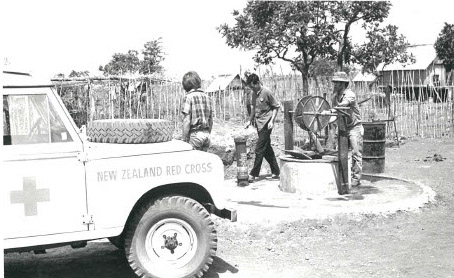
One of our community water and sanitation projects in Pleiku, 1974.
Our people were working in South Vietnam during the heights of the conflict. With an increased international military presence, as well as escalating attacks from conflicting parties, the destabilising and often devastating effects of conflict were felt more and more by civilians.
This is captured in a letter from our Secretary General Maurice Ashdown to the South Vietnamese Embassy in New Zealand in March 1972:
“A short note to inform you that with the assistance of Mr Skiffington of the Surgical Team at Qui Nhon, we are initiating a First Aid course with the Junior Red Cross at Qui Nhon. I was indeed sad to learn that many of the children together with the wife of the Director were killed recently in a bomb incident.”
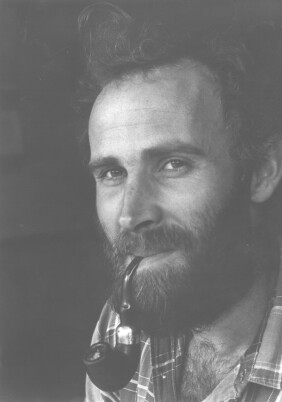
Mac Riding in 1974.
The end of our work in Viet Nam
By 1975, the military and political situation in South Vietnam quickly deteriorated. On 12 March, team leader Malcom ‘Mac’ Riding was killed when his Air Vietnam flight crashed 25 kilometres from the Red Cross compound. He was 30 years old. The rest of our team, which included his partner Leonie Clent, were immediately evacuated.
Because Mac’s flight crashed in territory controlled by North Vietnam, his body was unable to be recovered and has never been found. His death had a profound impact on Red Cross, with many people attending a memorial service for him in Wellington in 1975. Mac’s portrait hangs in Red Cross House in Wellington to this day.
Viet Nam’s Red Cross legacy
Many Viet Nam team members continued to go overseas, became employees, or worked directly with IFRC or International Committee of the Red Cross.
Red Cross team members who worked in South Vietnam have been awarded the New Zealand General Service Medal and New Zealand Operational Service Medal. These awards recognise the service and dedication of team members and other civilians who worked in conflict zones, often exposing themselves to extreme risk. Mac was posthumously awarded his medals in 2003.
As well as New Zealand service decorations, nurses Moya McTamney and Ngaire Simpson both received the Florence Nightingale Medal in recognition of their service in Viet Nam.
Our work in Viet Nam brought a newfound focus on international aid for our work. Since 1979, we’ve sent team members on more than 1,000 assignments overseas to save lives, alleviate suffering, and maintain human dignity on the front line.
- Ellis Allison
- Commander (retired) Maurice Ashdown
- Peter Gordon
- Jacob Beens
- Chris Bowden
- Leonie Clent (nee. Bowden)
- Robert Christie
- Ronald Craig
- Linton Eskrigge
- Simon Evans
- Joan Fenton
- Dr Geoffrey Ferner
- Mary Garner
- John Gordon
- Dr Wilma Grant
- David Harper
- Isabella Harris (nee. Beaumont)
- Mandy Harrison
- Bob McKerrow
- Joan McKerrow (nee. Monk)
- Moya McTamney CNZM, MBE
- Robin Meier
- Paul Nicholls
- Joseph Pemberton
- Malcolm ‘Mac’ Riding
- Ngaire Simpson, OBE
- Dr Paul Sutherland
- Jerry Talbot
- David Whyte
- Avis Wilkes
- Peter Wilson
- Robert Wright.
Header image: Our first welfare team in Viet Nam, 1969.
More information
- In times of disasters, conflict, and other emergencies, we respond to the needs of vulnerable people around the world.
What we do overseas - If you want to get involved in our work, join us! We have volunteer roles to suit everyone.
Find a volunteer role - Donate to support our work, including responding to emergencies, helping former refugees resettle, and delivering meals to people who can’t cook for themselves.
Donate to where the need is greatest - Find out more about our Fundamental Principles and how they guide our work.
Our Fundamental Principles
